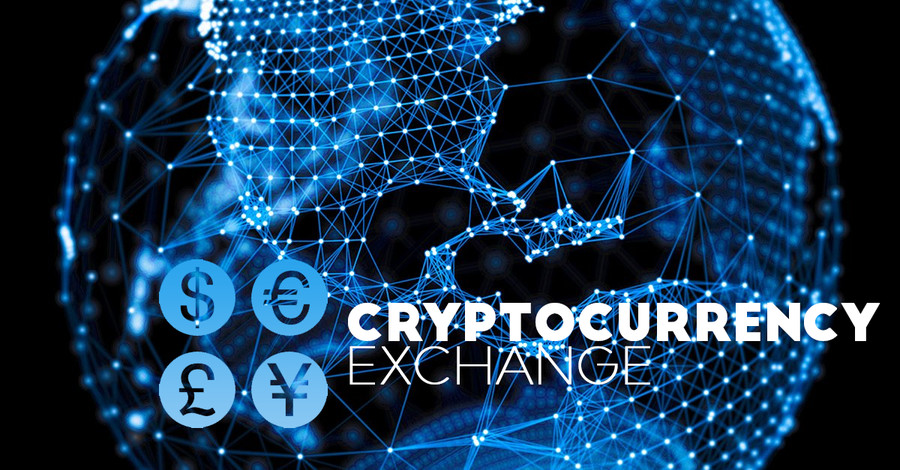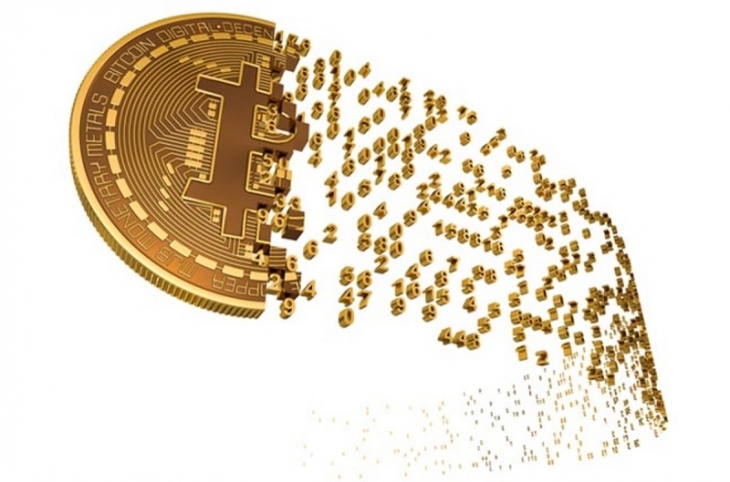Exchanging Bitcoin for Physical Cash in the United States
The growing popularity of cryptocurrencies, such as Bitcoin, has led to an increase in demand for various methods to exchange them for physical cash. While licensed exchanges are a common and regulated way to conduct these transactions, many people wonder if it is legal to exchange Bitcoin for physical cash in the United States without using a licensed exchange. In this article, we will explore the legal landscape surrounding this topic and the potential risks and considerations involved in such transactions.
Understanding the Regulatory Framework:
In the United States, the regulatory framework governing cryptocurrencies is complex and varies across different federal and state agencies. The Financial Crimes Enforcement Network (FinCEN), a bureau within the U.S. Department of the Treasury, is responsible for enforcing anti-money laundering (AML) and countering the financing of terrorism (CFT) regulations for virtual currency businesses.
According to FinCEN guidance, individuals who exchange virtual currency, such as Bitcoin, for real currency (including physical cash) may be considered money transmitters and subject to federal registration and licensing requirements. However, this classification depends on the nature and frequency of the transactions. If a person is merely engaging in occasional transactions for personal use or as a hobby, they may not be considered a money transmitter.
State-Level Regulations:
In addition to federal regulations, some states have implemented their own licensing and regulatory requirements for cryptocurrency businesses. For example, New York State requires a “BitLicense” for businesses engaged in virtual currency activities, while other states have different licensing requirements or exemptions. It is crucial to understand and comply with any applicable state-level regulations when exchanging Bitcoin for physical cash.
Peer-to-Peer Transactions and Legal Considerations:
Exchanging Bitcoin for physical cash through peer-to-peer (P2P) transactions, such as private sales or trades with friends, may not require licensing, provided that the transactions are infrequent and not part of a business activity. However, engaging in regular or large-scale transactions may be considered money transmission and subject to federal and state regulations.
There are several risks and considerations associated with P2P transactions, including:
- Legal liability: If you inadvertently engage in unlicensed money transmission, you may face legal consequences, including fines, penalties, or even criminal charges.
- Fraud and security risks: P2P transactions may expose you to fraud, theft, or other security risks, as you may be dealing with unknown parties without the protection of a licensed exchange.
- Tax implications: Regardless of whether you use a licensed exchange, it is essential to report any gains or losses from Bitcoin transactions to the Internal Revenue Service (IRS) and pay any applicable taxes.
US Person Charged with a Crime
There have been instances where people have been charged with crimes in the United States for selling Bitcoin in private transactions without using an exchange. These cases usually involve violations of money transmission laws, anti-money laundering (AML) regulations, or other financial crimes.
One example is the case of LocalBitcoins trader “Bitcoin Maven,” whose real name is Theresa Lynn Tetley. In 2018, she was sentenced to 12 months in federal prison, forfeited 40 Bitcoins, $292,264 in cash, and 25 gold bars for operating an illegal money transmission business and laundering funds using Bitcoin. Tetley conducted her transactions without registering as a money services business (MSB) with the Financial Crimes Enforcement Network (FinCEN) and failed to implement anti-money laundering procedures, thus violating federal laws.
Another example is the case of Sal Mansy, who was charged in 2016 for operating an unlicensed money-transmitting business by trading Bitcoin without a license. Mansy conducted over $2.4 million worth of Bitcoin transactions without registering with FinCEN and was sentenced to a year in federal prison.
These cases highlight the importance of understanding and complying with federal and state regulations when conducting private Bitcoin transactions in the United States. Failure to follow these regulations can result in criminal charges, fines, and even imprisonment.
Conclusion:
Engaging in occasional P2P transactions for personal use may be permissible, but regular or large-scale transactions will require compliance with US federal and state regulations. Therefore, if you wish to sell Bitcoin in a private transaction, you must do so in a country where this is legal… and you must follow all applicable laws in the transaction.
Here is an article on selling crypto in a private transaction in Switzerland where it is legal: Exchanging Bitcoin for Physical Cash in Switzerland.











